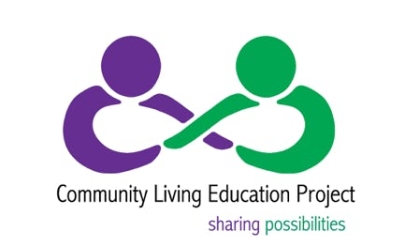Medicaid is the funding source for people with intellectual and/or developmental disabilities to live in communities of their choice. It is the lifeline that provides them the ability to choose where to live and who will support them in addition to providing health care to citizens with low income and people with disabilities. It is a joint federal and state program enacted in 1965 by President Lyndon B. Johnson as part of Social Security Amendments. The federal government sets the guidelines but each state administers the program which results in variations across the country.
There is national concern that Medicaid cuts a new administration may enact will drastically affect the ability for people with intellectual and/or developmental disabilities to continue living lives of choice. This will affect everyone, regardless of your political affiliation. It is something that should unite all self-advocates, family members, service providers, friends, co-workers, and employers. May we all work together in this new year to ensure that what we have all worked so hard for, for so many years, does not become a memory. We cannot allow Medicaid funding to be reduced or eliminated.
Deborah M. Spitalnik, PhD, is professor emerita of Pediatrics and Family Medicine and Community Health at Rutgers Robert Wood Johnson Medical School, recently retired as director of The Boggs Center on Disability and Human Development. She recently wrote an opinion piece on this subject that everyone should read, regardless of your political views.
People with intellectual and developmental disabilities and those who love them might want to help educate their family, friends, co-workers, and neighbors that Medicaid is the funding mechanism that pays for the support staff for people who live independently, at home, in provider managed group homes, for Self-Directed Employees, and day program staff.
Without Medicaid, people cannot live person-centered lives in communities they choose. The Boggs Center on Disability and Human Development has created an excellent ‘Guide to Medicaid Advocacy’ explaining how you can use your voice to advocate for the continuation of Medicaid as it affects every person who receives services through the Division of Developmental Disabilities (DDD).
We encourage you to read it and take action on this critical issue.



